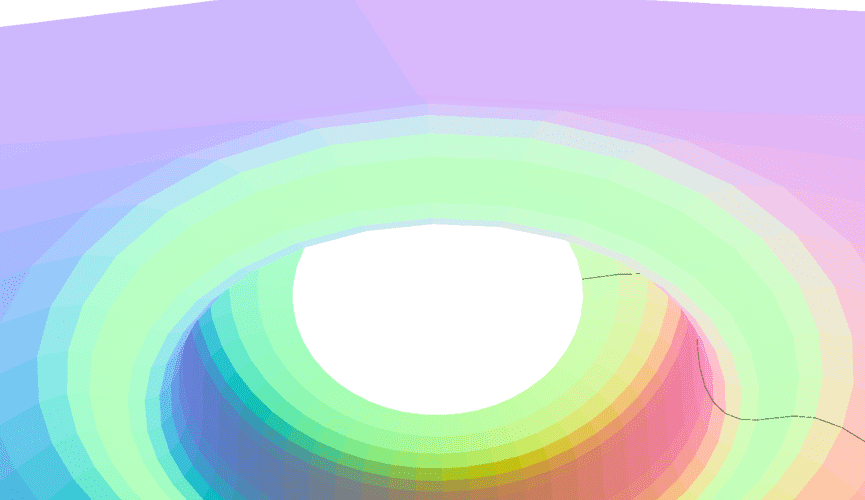


and visual and creative programming and math and
This profile is from a federated server and may be incomplete. For a complete list of posts, browse on the original instance.


and visual and creative programming and math and
This profile is from a federated server and may be incomplete. For a complete list of posts, browse on the original instance.